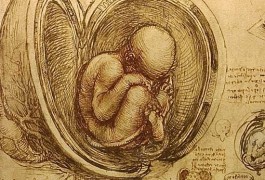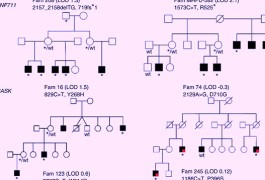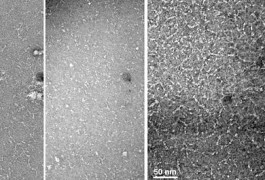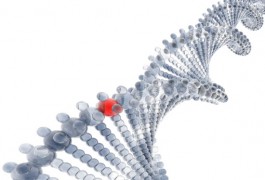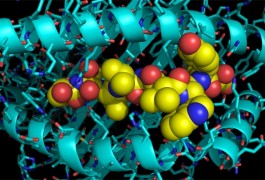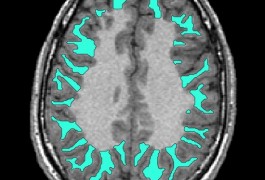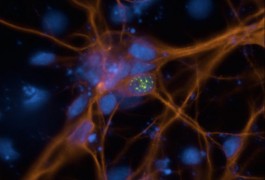Autism impedes ability to read body language
A glitch in visual processing may explain why people with autism struggle to gauge emotions from the body language of others, according to a study published in the journal Neuropsychologia.
Watch the video
